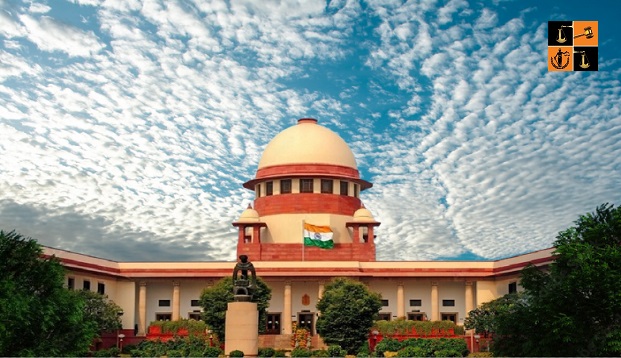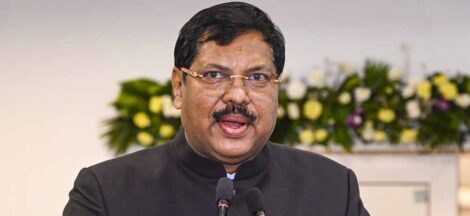A three-judge bench of the Supreme Court, led by Chief Justice Sanjiv Khanna, is scheduled to hear multiple petitions on April 16 challenging the constitutional validity of the Waqf Act, 2025. Justices Sanjay Kumar and K.V. Viswanathan will also be part of the bench overseeing the proceedings.
The Waqf Act, 2025, which received presidential assent on April 5, has sparked significant controversy. Critics argue that the amendments infringe upon the religious autonomy of the Muslim community and violate fundamental rights enshrined in the Constitution. Key provisions under scrutiny include the renaming of the Waqf Act to the “Unified Waqf Management, Empowerment, Efficiency and Development Act,” and the introduction of new sections that opponents claim dilute the religious essence of waqf.
Several political parties and organizations have filed petitions against the Act. The Indian Union Muslim League contends that the legislation imposes arbitrary restrictions and enhances state control over Islamic religious endowments, thereby deviating from their religious purpose. The Dravida Munnetra Kazhagam argues that the Act adversely affects the rights of approximately 20 crore Muslims across the country. Additionally, AIMIM chief Asaduddin Owaisi and Congress MP Mohammad Jawed have challenged the Act, asserting that it violates key constitutional provisions and undermines the religious autonomy of the Muslim community.
One of the contentious aspects of the amendment is the removal of the concept of “waqf by user,” which has been a longstanding principle in Indian waqf jurisprudence. Opponents argue that this change threatens the existence of numerous historical waqfs, particularly those established through oral dedication or without formal deeds. Furthermore, the new provisions stipulate that waqf declarations over Archaeological Survey of India -protected monuments would be invalid, and no waqf could be created for properties of Scheduled Tribes.




 BJP Sets Stringent Criteria for Tamil Nadu Leadership Contest
BJP Sets Stringent Criteria for Tamil Nadu Leadership Contest 